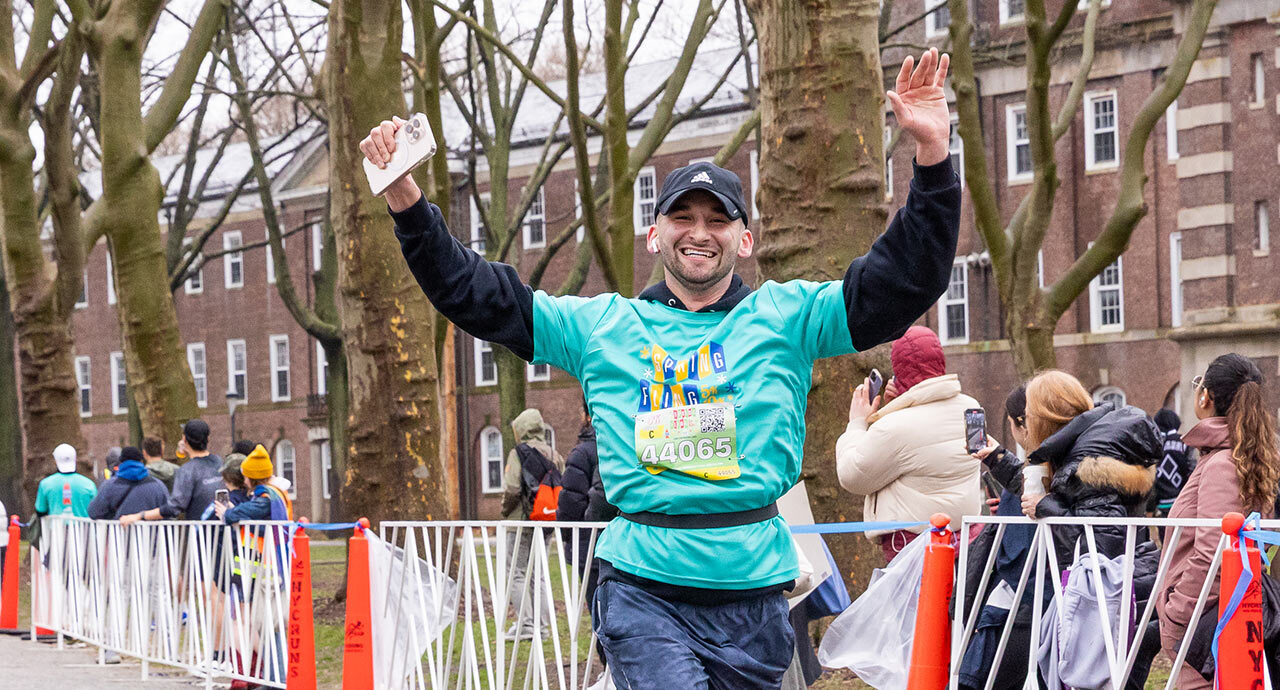Grantee Profile Spotlight: Black AIDS Institute
While most of BC/EFA’s national grants go for direct services like food, shelter and healthcare, we realize that improving treatment and quality of life for people living with HIV/AIDS depends on effective advocacy, especially in communities of color, where new infections are increasing at an alarming rate and a high percentage of the population doesn’t know its status.
In 2010, we were honored to give $20,000 to “BAM,” phase three of the Black AIDS Institute’s multi-year Black AIDS Mobilization effort. This grant will help the institute continue its ambitious “Test One Million” Campaign, which aims to detect as many as 40,000 previously undiagnosed infections by recruiting one million black Americans to join the campaign, learn their HIV status and access treatment as needed.
Achieving the institute’s goals is an urgent concern, because though African Americans represent less than 13 percent of the U.S. population, almost 50% of the estimated one to 1.2 million Americans living with HIV/AIDS are black. Tragically, black Americans also represent about 50 percent of AIDS-related deaths each year, according to CDC statistics.
More Than a Think Tank
Founded in 1999, Black AIDS Institute is the only HIV/AIDS think tank focused exclusively on black people. The institute’s rallying cry is “AIDS in America is a Black disease. Regardless of gender, sexual orientation, age, socio-economic class, level of education or region of the country where you live, black people bear the burnt of the AIDS epidemic in America.” Based in Los Angeles with a smaller office in New York, the institute has a staff of 16 and an annual budget of over $2.3 million.
Launched at the 2006 International AIDS Conference in Toronto, the institute’s BAM initiative was inspired by the quote “No one can save us but us.”
“If we are serious about ending the AIDS epidemic in black communities, then members of the black community must take ownership of the disease and act accordingly,” says Phill Wilson, President and CEO of the institute (pictured right). “BAM is a comprehensive effort to do just that.”
Comprehensive includes collaboration with The NAACP, the Urban League and the National council of Negro Women, government organizations like the Congressional Black Caucus, as well as churches, national newspaper and radio organizations and a celebrity task force that includes Danny Glover, Regina King, Vanessa Williams, and others, Wilson says.
Interaction and Education
A comprehensive approach is key, he says. And to that end the institute sent a delegation to The International AIDS Conference in Vienna and has subsequently held a series of town hall Meetings in Washington, D.C., Philadelphia and Houston, sharing up-to-date information learned at the conference and interacting with community members in these and other cities with large black populations. Additional meetings are planned for Dallas, Jackson, MS, and Los Angeles.
And through these town hall meetings, Wilson has learned that while apathy has subsided, sound education about prevention and treatment needs to catch up. “More black communities are becoming engaged in fighting the AIDS epidemic. And that’s good news,” he says. “However, the next challenge is that many folks don’t know ‘how’ to get involved and don’t have the resources to get involved.”
He adds: “There’s also a low HIV literacy rate in black communities. People still don’t know a lot of the basic facts around transmission and treatment. That really hampers their ability to mobilize.”




